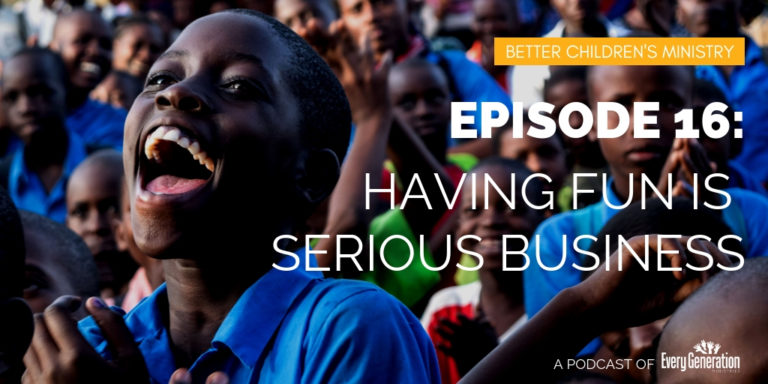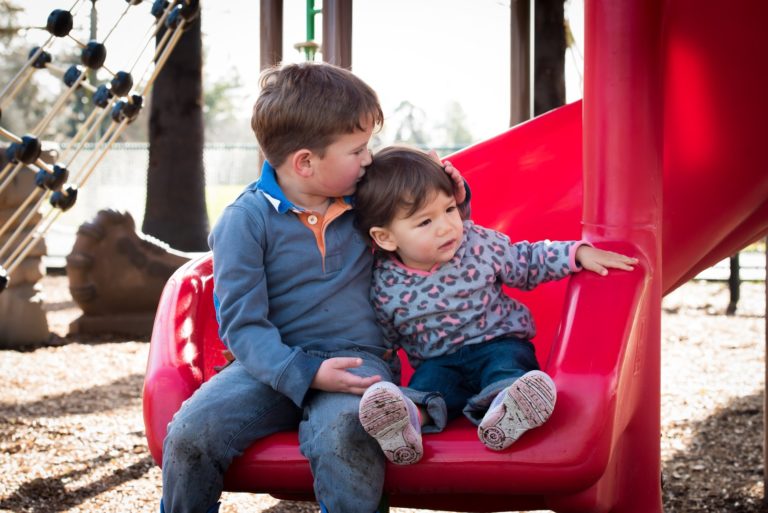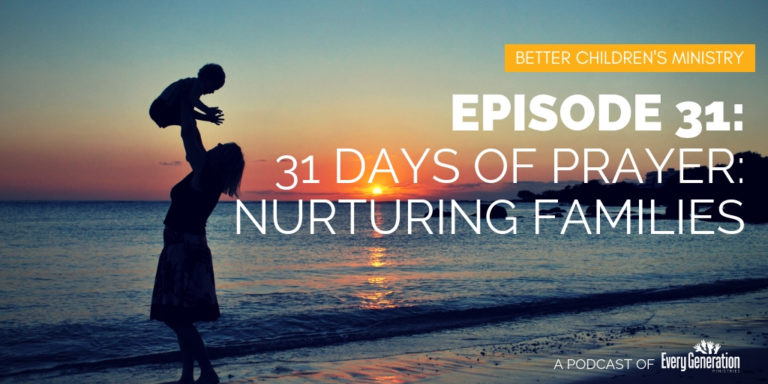Leading Children in a Bible Discussion
Hear, O Israel: The Lord our God, the Lord is one. Love the Lordyour God with all your heart and with all your soul and with all your strength. These commandments that I give you today are to be on your hearts. Impress them on your children. Talk about them when you sit at home and when you walk along the road, when you lie down and when you get up. Tie them as symbols on your hands and bind them on your foreheads. Write them on the doorframes of your houses and on your gates. – Deuteronomy 6:4-9
Bible discussion is a crucial element of the biblical model of discipleship. Many children are taught the Bible — and may even know the right answers to your questions — without understanding how it affects their life.
There was a famous early television moment when a little boy told the television host that he knew the name of God.
When the host inquired the boy said, matter-of-factly, “Howard.”
The host asked where the boy got that information and the child replied, “You know, our Father who art in heaven, Howard be thy name!”
While this is a cute anecdote, it illustrates the problem of God’s Word being taught as information to be memorized without real application. The life-changing Word of God is not transformational when reduced to stories and memory verses.
[socialpug_tweet tweet=”Many kids know the Bible (and the right answer to your question) without knowing how it affects their life.” remove_url=”yes”]
God’s desire is that the children of Israel understand how the Word of God relates, connects to and is integrated into their regular, real lives.
Many boys and girls understand the Bible as a collection of stories that have no connection to their real lives. Through an open and honest dialogue, we can help children understand the scripture as more than a story. Discuss with the children how the Bible applies to them, individually and personally. This application of Scripture will bring about transformational living.
Children have issues, challenges, problems and occasions of joy – just like any other human being. They experience the full gauntlet of feelings, and they have questions and concerns like anyone else. Your Bible discussion time is an opportunity to help boys and girls make connections between the truth and hope of God’s Word and their own circumstances.
It’s not about the “right” answer
The Bible discussion section of the discipleship model is the time when children explore the Word of God as it relates to their real life context. It is an aspect of the teaching time that requires patience, commitment and a re-training of children.
In the traditional school model, questions are to be answered correctly. Good students have the right answers. In the biblical Deuteronomy 6 model, “talk about them” is not about right and wrong. It is about a discussion of God’s Word in real life. The teacher guides the conversation and helps the child understand how God’s Word can apply in their real life.
[socialpug_tweet tweet=”In Deut. 6 “talk about them” is not about getting the “right answer.” It is about discussing God’s Word in real life.” remove_url=”yes”]
Sharing the Word of God and biblical principles with children is so important; giving children an opportunity to “talk about them” is crucial. As children are able to express their own thoughts and feelings about God’s Word, transformation takes place.
Here are 6 practical tips for engaging children in a discussion about the Bible:
- Involve all the children; do not let one child dominate the discussion.
- Encourage honesty. Do not quickly accept what is perceived as the “right” answer.
- Be patient. It will take children time to realize that there are not necessarily right answers to your questions.
- Pastor the children; pay attention to their feelings, comments, questions and sharing. They need you to care for them.
- Create an environment where children feel safe and confident to share from the heart. This will take time.
- Lead by example. Share your own thoughts and comments in the discussion (age appropriately). The children are more likely to be open if the leader is open.









